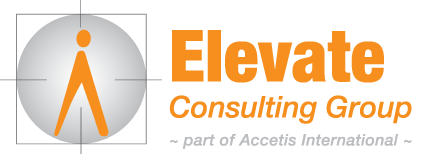
Our vision on professional development.
Three characteristics that appear to be relevant when looking at our own development as well as the development of our clients are self-reflection, self-confidence and self-management. If these three characteristics are represented in the individual, it is more likely that professional development takes place. If the characteristics are not there, it is a good thing to work on them.
SELF-REFLECTION:
According to Wikipedia “an activity in which our own thoughts, feelings and memories are subject of overthinking. Reflecting, or reflection, is understanding and recognizing processes that consciously as well as unconsciously take place within the own mind. This does not only concern thinking processes, but also behavior. Often related to experiences and events. Reflection is used to deal with future similar events in a better and more effective wat. In this definition reflection is not very different from evaluation.”
If you haven’t been taught to self-reflect, no worries. It is never to late to start. To develop yourself as a professional however, it is important to be able to self-reflect. Only then you are able to understand your talent, drivers and the areas you might need to pay attention to.
SELF-CONFIDENCE:
If we talk about self-confidence we don’t mean self-assurance. We define self-confidence as the confidence that you are able to influence what happens in your life. Some people by nature have the trust that no matter what situation they are in, they will always be able to influence this. There could well be reasons however, that individuals don’t have this trust. It is important to understand why you might not feel confident. If you want to develop yourself, it is important that you truly believe that effort means you are able to influence the result.
SELF-MANAGEMENT:
Self-management is seen as a personality characteristic and is about getting and keeping yourself moving. Some people by nature are stronger self-managers then others; they don’t need a push and don’t need feedback to get them moving forward. People that by nature have a tendency to respond to the needs of others and/or the environment will be better self-managers if they are familiar with the situation then when they are confronted with new and unknown situations.
If we want to develop, it often means that we need to step into the unknown: out of the comfort zone. In those situations you don’t want your natural response to be: wait, stop, no. Therefore, as a professional it is recommended to work on your self-management skills. And the positive thing is that self-management appears to be a personality characteristic of which it is scientifically shown that you are able to “improve” it. Our colleagues in Canada have developed a method to grow your self-management skills. Elevate coaches based on this methodology and provides workshops about this.
Would you like to learn more about our vision on professional development? Or are you curious to hear how we adapt our vision on our methodologies used for assessments, coaching and search? Contact us.
